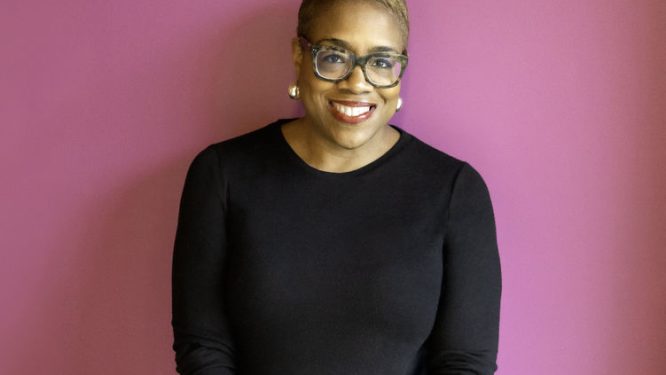Reading, Pa. – What do women really want from their long-term partners? Romance? Gifts? Emotional support? Help around the house?
The answer, according to a new study by Albright College researchers, depends on several factors, including a woman’s age, family status, life circumstance and self-perceived value as a mate.
Published in the journal Evolutionary Behavioral Sciences, the study – co-authored by professor of psychology Susan Hughes, Ph.D., and recent Albright alumnus Toe Aung ’17 – employed an evolutionary framework to examine the specific types of modern resources and services that women prefer from their mates.
The study involved 297 women (mean age of 28), and included single, married and divorced women, as well as mothers and non-mothers. Participants were asked to rate the importance they placed on receiving gifts from long-term mates (such as jewelry and vacations); the importance of mates having certain possessions (nice car, large bank account); and the importance of mates performing acts of services (running errands, doing home repairs).
The study found that younger women placed greater importance on finding long-term mates who show signs of wealth potential and who can provide emotional support, a sign of commitment. These women, say the researchers, have the luxury of time. They don’t necessarily want a partner with money now, but one with the potential of doing well in the future.
Older women, however, favored practicality and immediacy, placing greater value on receiving gifts of financial assistance and domestic help from their partners. And while older women are more likely to be economically self-sufficient than younger women, the former are looking for partners who can provide instantaneous financial assistance, especially if children are involved.
“For older women,” said Aung, “the gifts are not as important as the services,” such as having a partner who will mow the lawn or share in childcare responsibilities.
Other key findings from the study:
Women with higher self-perceived mate value, as well as unmarried women, those not in a committed relationship, and women without children said they were looking for mates who can provide them with romantic gifts and emotional support, and show signs of wealth potential.The less attractive a woman thought her mate was, the greater importance she placed on him providing her with financial assistance. A woman’s own socioeconomic background and education level did not impact the types of resources preferred, which the researchers say is rooted in evolutionary theory. Even though women can accumulate their own resources today, they are still more likely to seek out men who can provide them with resources.
“It is interesting to still see these patterns, even if most of us operate without knowing they exist,” said Hughes. “Being aware of one’s wants and needs at a particular stage in life is helpful for finding a mate and relationship satisfaction.”
The study focused on women in heterosexual relationships. Previous studies have shown that men, in general, place less emphasis on finding women who will shower them with gifts. “This is rooted in evolutionary theory,” said Hughes. “Men are shopping for females that are younger and physically attractive who can reproduce. But women are playing the quality game. They have a limited time to reproduce and want men who can provide resources for her and her children.”




